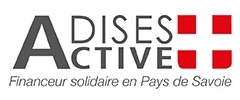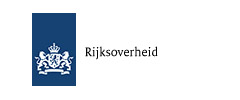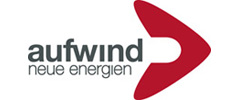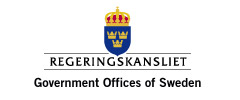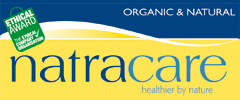Bejing +10
The September report from the Working Group Gender in Sustainable Development
27.09.2004 |Heike Spohr
www.un.org/womenwatch/daw/csw/49sess
Then you have to check under “responses to a questionnaire” and select your country. This might be helpful for those of you who are involved in review processes in your country.
The New Chairwoman of the Committee on Women's Rights and Gender Equality of the EU Parliament is disputed
Anna Záborská (EVP), a conservative Slovak delegate, was named new chairwoman of the Committee on Women`s Rights and Gender Equality. Green delegates of the EU parliament voted against her, social democrats did not participate in the votation. All blamed her to have acted against EU antidiscrimination directives, because of her expressed opinion, that homosexuality were a defect of health, homosexuals were not apropriate to be teachers, and abortion should not stay exempt from punishment. She said as well, that she wanted to put the stress more on familiy politics than on womens politics in the committee.
Apart from better Education no better Incomes for Women in Europe
Apart from the fact, that women make up 55% of the graduates in the EU they earn less than men do. Why does this „gender pay gap“ exist? There is still a gender segmentation as far as the courses of university studies are concerned. Women still tend to choose „traditionally typical women´s subjects“, men are found more in technical, engineering areas, in which jobs are much better payed than in social areas. http://www.europa.eu.int/comm/employment_social/equ_opp/index_en.htm.
–––––––––––––––––––––––––-
New (and not so new) documents, liturature and recommended websites.
A useful compilation of tools for gender mainstreaming in different areas was recently published with the title:
The GMS Toolkit - An integrated resource for implementing the Gender Managment System Series (2004): (more information and downloads on: http://www.thecommonwealth.org/Templates/STPDInternal.asp?NodeID=36970)
The toolkit is a co-publication of the Secretariat and the Commonwealth of Learning which brings together the GMS series of manuals into a user-friendly, learner-centred, training-oriented package. It includes a CD-ROM of all the original manuals, an Action Guide to facilitate individual learning, a Training Manual for gender trainers, and a Change Management Briefing for anyone committed to effecting gender equality through institutional change.
It is the culmination of the Secretariat's Gender Management System (GMS) series of publications, which focus on gender mainstreaming in such key sectors as finance, development planning, the public service, legal and constitutional affairs, as well as cross-cutting development issues such as HIV/AIDS, poverty eradication and the Millennium Development Goals, and gender-based violence.
The GMS is the Commonwealth's approach to ensuring that gender equality is a guiding principal in all government policies, plans and programmes. It calls for a broad-based partnership in society in which government consults and acts co-operatively with other key stakeholders, including civil society and the private sector.
The Tool Kit includes: Action Guide Materials:, Action Guide Front Matter, A Change Management Briefing, A Trainers Guide.
The published sector-specifi c manuals are:
A Finance (Changing role of finance ministries)
B Public Service (Shift from regulation to performance)
C Education (appraisal)
D Trade and Industry (Seen as an agent of socialisation)
E Agriculture and Rural Development (Need to look at private sector as well as ministries, plus links to national development, Relates to search for new model of rural development: sustainable rural livelihoods)
F Information and Communications (Overview of ‘mediascape’)
G Legal and Constitutional Affairs (Human rights-based approach)
H Science and Technology (Framework of ‘science for whom’, ‘science by whom’ and global stewardship)
––––––-
Interactive Learning System for Renewable Energies offered by the Technical University of Berlin in German and English:
http://emsolar.ee.tu-berlin.de/~ilse/index_e.html
It has different learning moduls on energy policy, wind energy, solar energy and tools BUT IT IS NOT DESIGNED WITH “GENDER SPECTACLES”














